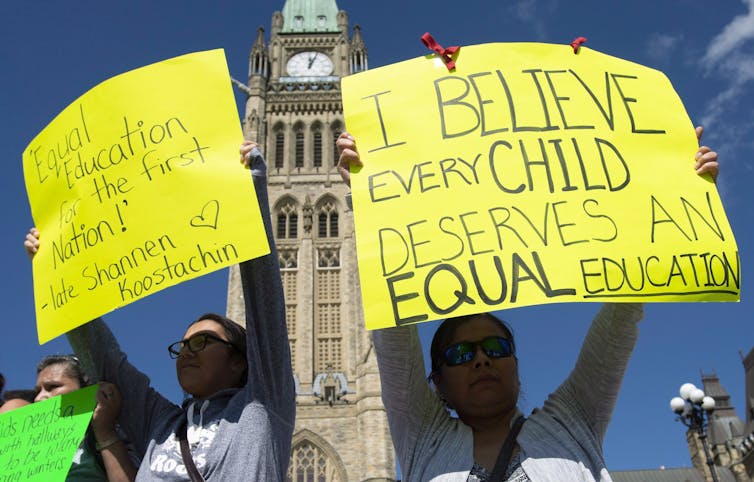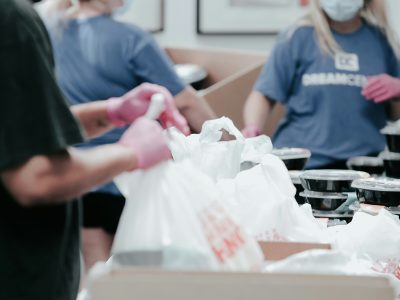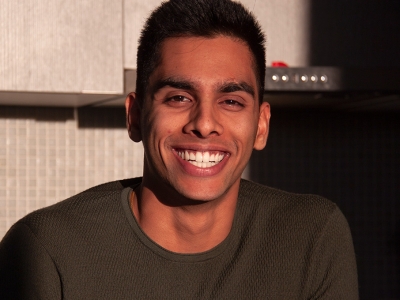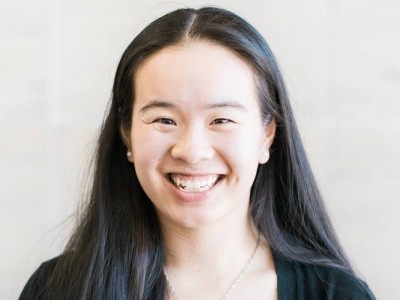By Julie C. Garlen
This Nov. 20 marks 66 years since the United Nations established World Children’s Day. On the same day in 1989, the United Nations General Assembly adopted the international human rights treaty known as the United Nations Convention on the Rights of the Child.
Yet a recent UNICEF report card, Worlds Apart, ranks Canada 30 out of 38 developed countries when considering the state of child happiness, well-being and skill.
This year, due to COVID-19, World Children’s Day must be celebrated virtually, which could mean its significance is overlooked. But 2020 might be critical when it comes to children’s futures.
COVID-19 has impacted the lives of billions of children all over the world and has created a massive disruption in education. The pandemic has also led to a significant increase in the number of children living in multidimensional poverty, which means that they lack access to fundamental resources such as education, health, housing, nutrition, sanitation and water.
As a cultural theorist of childhood, I believe this World Children’s Day presents an important opportunity for adults to pay attention to the voices of children and imagine a different future — not for children but with them.

THE CANADIAN PRESS/Adrian Wyld
The realities of childhood in 2020
In Canada, as a new study shows, the pandemic has created a mental health crisis that is disproportionately affecting racialized and Indigenous children.
This year has also seen the resurgence of the Black Lives Matter movement in response to police violence against Black people and anti-Black racism. Protesters have denounced police violence and racism against Black, Indigenous and racialized communities, bringing greater widespread awareness of the deadly toll of systemic racism.
Together, these events of 2020 are raising concerns around the world about the present conditions of childhood. They also present urgent questions about what the future may hold if their costs for children are not addressed.
Imagining a different future
As I’ve argued before, the western ideal of childhood that focuses primarily on protecting children’s innocence is an outdated cultural myth that is not consistent with the actual experiences of children’s lives.
How might our understanding of childhood change if we took seriously what children are saying about their lives in this time of significant challenge and change?
Here are three ways we might reimagine childhood through children’s perspectives.
1. Children are knowledgeable
Western beliefs about childhood are often focused on preserving innocence, and are also embedded with exclusionary classist and racist assumptions. These assumptions serve to insinuate that “knowing” children (children in poverty, homeless children, those who have experienced trauma) aren’t entitled to innocence.
Although parents may wish to protect children from difficult realities so that they won’t feel sad or afraid, doing so reinforces the idea that children shouldn’t know things.
And yet, perhaps now more than ever, children know and understand so much about our world, and are eager to share. One great example is UNICEF’s recent Learn With Me video series, which features children from all over the world describing their experiences during quarantine and sharing their tips for learning new skills. When we pay attention to what children know, we honour them as important contributors to our community, our society and our world.
2. Children are experienced
Attempting to preserve childhood innocence also means protecting children from difficult experiences. But as COVID-19 has certainly shown us, children are not exempt from adversity and need to be able to talk about what they’re going through. UNICEF provides a series of video diaries that show how children globally are coping with the impacts of the coronavirus.
These videos provide insight into the impacts of lockdowns, school closures and physical distancing. Although it can be difficult for adults to accept that children are struggling with fear or grief, acknowledging and talking about these challenges helps us see children as individuals with unique experiences.
3. Children are capable
When we acknowledge children’s knowledge and experiences, we recognize their important contributions to our families, our communities and our society. This year has provided many examples of children’s abilities to promote change, act responsibly and protect the well-being of others.
Children have been essential partners in fighting the spread of COVID-19. In Canada, Prime Minister Justin Trudeau has often addressed children directly, calling on them to do their part.
This year, children have also offered inspiring examples of their engagement and leadership in protest and activism, such as eight-year-old Nolan Davis of Missouri, who organized a Black Lives Matter march for kids.
These examples remind us that children are capable. If our entire society recognizes children as competent, they might be embraced as valued members of our society.
This year has shown us that children are not, as they are often depicted, naïve, inexperienced or helpless. More than ever, as cultural historian Robin Bernstein writes, “it’s time to create language that values justice over innocence.” As Bernstein explains: “All children deserve equal protection under the law not because they’re innocent, but because they’re people.”
In the same way, children deserve to be acknowledged as knowing, experienced and capable human beings. Adults can honour that right by inviting children into conversations, listening to what they have to say and taking their thoughts and feelings seriously. Rethinking childhood through a justice lens acknowledges children as fundamental to our world, not simply for what they might become, but who they are and what they can do, right now.
This article is republished from The Conversation under a Creative Commons license. Carleton University is a member of this unique digital journalism platform that launched in June 2017 to boost visibility of Canada’s academic faculty and researchers. Interested in writing a piece? Please contact Steven Reid or sign up to become an author.
All photos provided by The Conversation from various sources.
![]()
Tuesday, November 17, 2020 in The Conversation
Share: Twitter, Facebook



